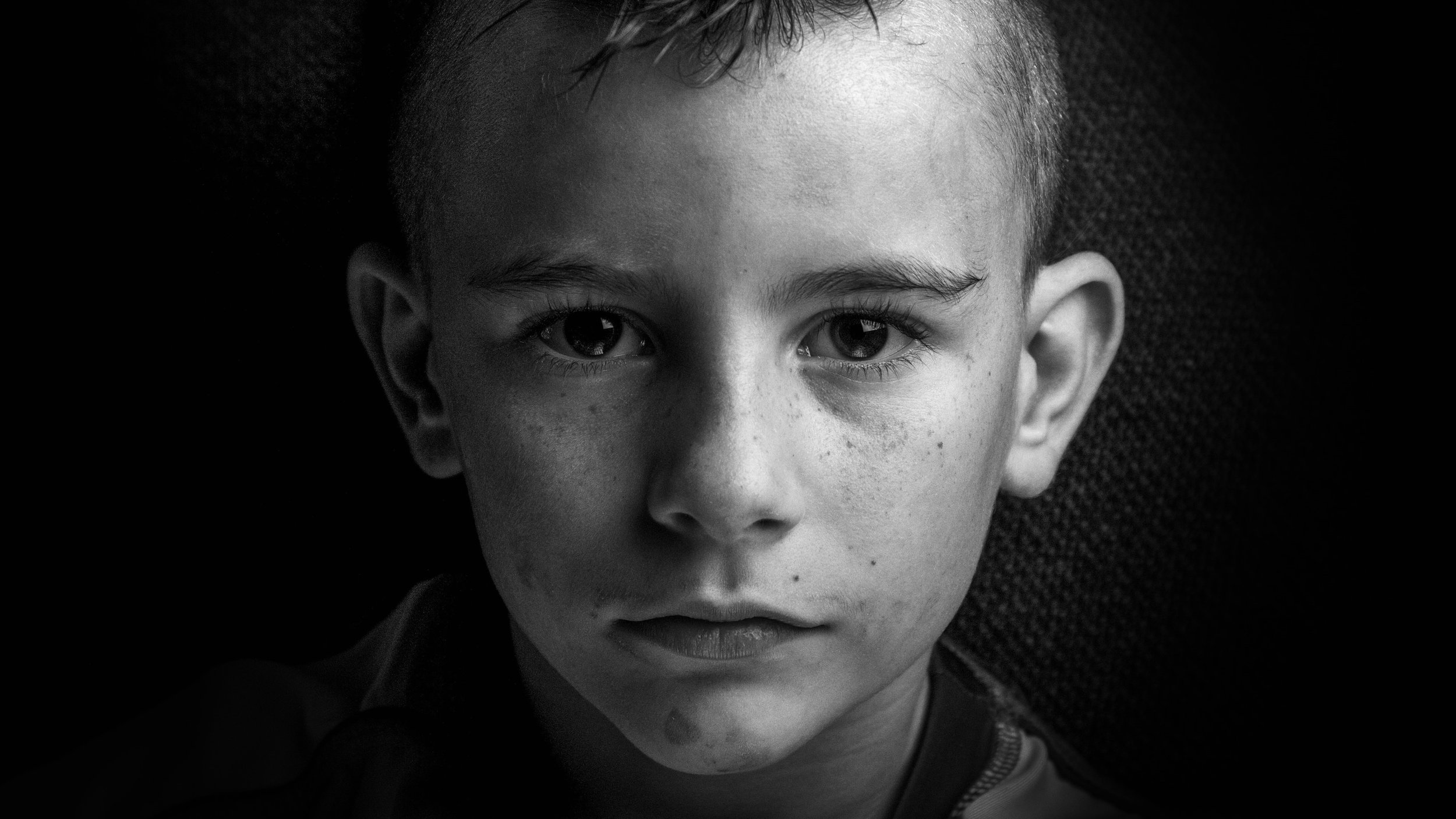
About Rätt Kurva
Rätt Kurva is an individually tailored crime prevention programme that focuses on children between the ages of 8 and 15. Together with social services, the Police identify and offer places on the programme to children who are believed to be at risk of falling into serious crime, on the basis of previous criminal behaviour.
The Swedish Police Authority runs and develops the programme together with the municipalities and is working actively to increase the number of local police districts and municipalities that work with Rätt Kurva. Several new areas will be joining in 2025.
“Repressive measures have to be combined with proactivity, through carefully considered and individually tailored programmes”
— Johan Sone, National Operations Department
Locations for Rätt Kurva
Focus on talent and positivity
The programme starts by the Police selecting children on the basis of their criminal behaviour; the selection is then whittled down further with the help of social services, before children and families are offered a place. The programme is based on interactivity and it is therefore voluntary.
A family liaison officer who only works on Rätt Kurva then draws up a list of needs and creates an action plan containing measures and activities for the child, and if necessary also the family. The measures are intended to strengthen the child, to activate the network around the child and demonstrate new paths away from crime. The focus is on talent and positivity.
The family liaison officer works very closely with the child and family, in terms of both mental and physical presence. To access resources and opportunities to create really good and effective action plans, social services need completely different resources than what is currently available to them. This is where civil society, foundations and the business sector come in.
“With Rätt Kurva, more people can do more”
— Catharina Törnqvist
Support from the business sector and civil society
Via the non-profit organisation Skill Shift Initiative (Beredskapslyftet), the programme receives support from a number of companies and civil society organisations, in the form of resources, networks and commitment. The list of organisations getting involved is growing by the month. Support from the business sector and civil society means, for example, that the family liaison officer can provide activities for children, siblings or parents that the municipalities are currently not in a position to offer. All measures that are put in place must provide value for the individual child in question, or the family, and help the child to stop committing crime.
The Skill Shift Initiative handles funding, work placements and other services, such as mentoring and activities. These might include music lessons for the child, riding lessons for a sibling, language training for a parent, sports equipment for the child, camp activities etc. that are purchased using funds that companies and foundations donate to the programme. Companies that can offer jobs to an older sibling, for example, or an unemployed father are an important component, and we are also seeing summer jobs and internships for older children or older siblings in the family. This approach is intended to meet the needs of the entire family, not just the selected child, so that in turn the whole family’s situation can change, and their integration and involvement in Swedish society can increase.
“Through Rätt Kurva we pool resources and commitment from the business sector to address another major societal challenge”
— Malin Crona, Secretary-General, Skill Shift Initiative
Evaluation
Researchers at the University of Gothenburg will evaluate the programme in Gothenburg, Linköping and Södertälje over a period of three years. The evaluation will contain both analyses of social processes and crime statistics. The main focus will be on the participants’ criminal behaviour and also school performance over time. The roles of the business sector and civil society in Rätt Kurva will also be evaluated.



